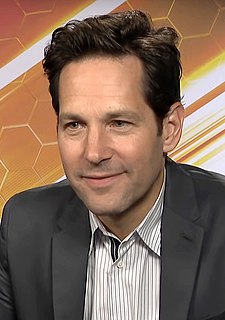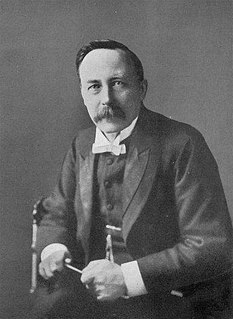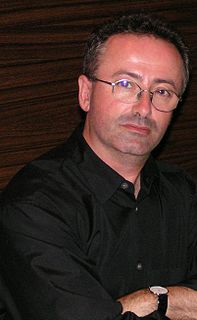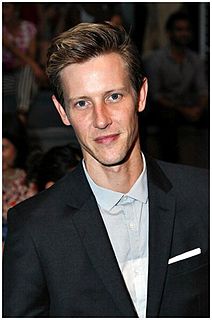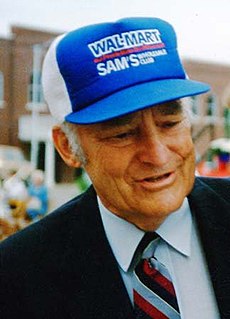A Quote by Lukas Foss
To me, Mozart is our Shakespeare, the one who wrote the most dramatic, psychologically most baffling music. He combined ideas that no one else would have thought of putting together.
Related Quotes
I have been told that a young would-be composer wrote to Mozart asking advice about how to compose a symphony. Mozart responded that a symphony was a complex and demanding form and it would be better to start with something simpler. The young man protested, 'But, Herr Mozart, you wrote symphonies when you were younger than I am now.' Mozart replied, 'I never asked how.
The greatest element in life is not what occupies most of its time, else sleep would stand high in the scale. Nor is it what engrosses most of its thought, else money would be very high. The two or three hours of worship and preaching weekly has perhaps been the greatest signal influence on English life. Half an hour of prayer, morning or evening, every day, may be a greater element in shaping our course than all our conduct and all our thought.
I think that music is still a mystery to most people. It kind of goes through most people without a specific thought. They feel the music, which is what's supposed to happen. They're not supposed to be curious about who wrote the music; they're supposed to feel what the show is trying to get them to feel. So if I help get that feeling across, that's good enough for me.
I had lived with my mother in anger and love - I suppose most daughters do - but my children only knew her in one way: As the lady who thought they were smarter than Albert Einstein. As the lady who thought they wrote better than William Shakespeare. As the lady who thought every picture they drew was a Rembrandt.
Here was a woman about the year 1800 writing without hate, without bitterness, without fear, without protest, without preaching. That was how Shakespeare wrote, I thought, looking at Antony and Cleopatra; and when people compare Shakespeare and Jane Austen, they may mean that the minds of both had consumed all impediments; and for that reason we do not know Jane Austen and we do not know Shakespeare, and for that reason Jane Austen pervades every word that she wrote, and so does Shakespeare.


